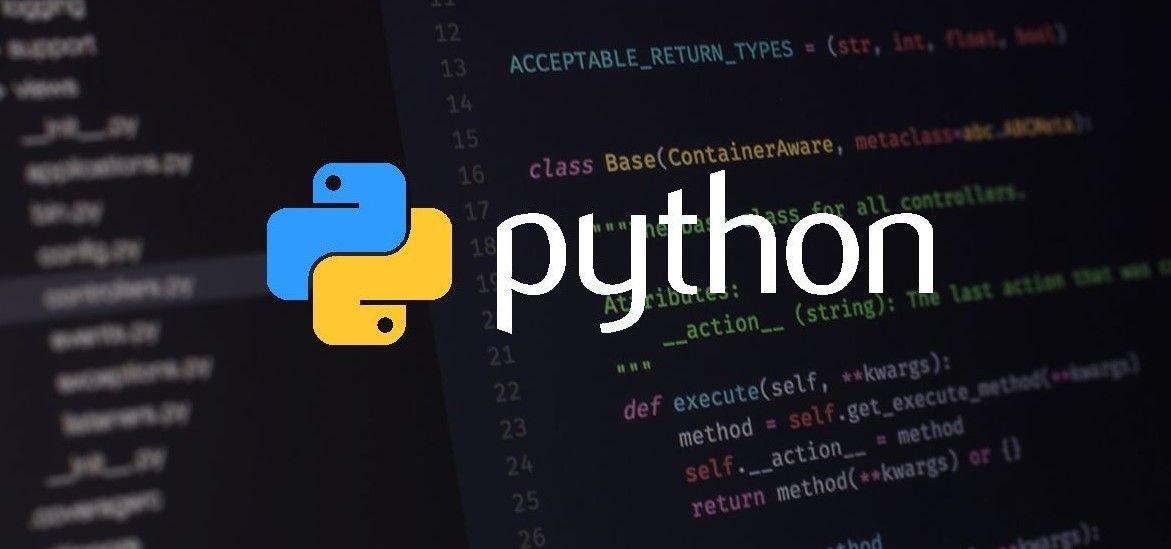General Introduction
- Programs and Algorithms
- Introduction to Python
- Introduction to debugging

General Introduction
Simple Python Data
Debugging Interlude
Python Turtle Graphics
Python Modules
Functions
Selection
More about Iteration
Strings
Lists
Files
Dictionaries
Exceptions
Recursion
Using Classes and Objects